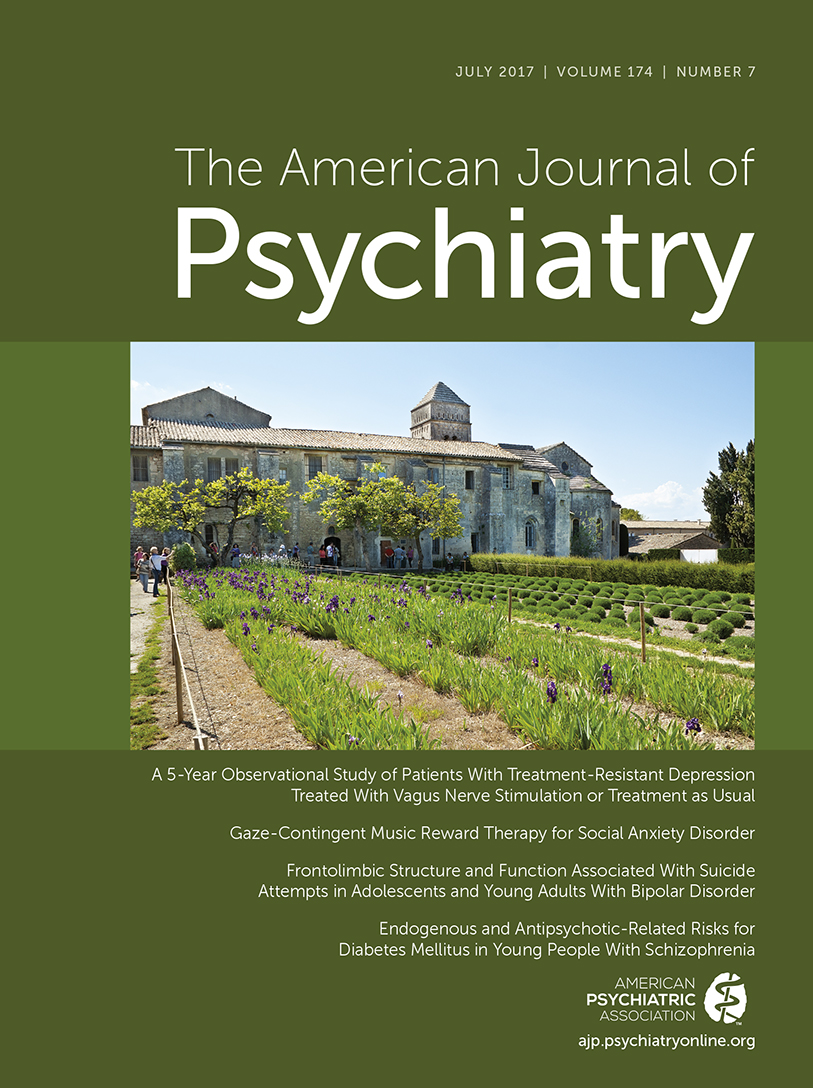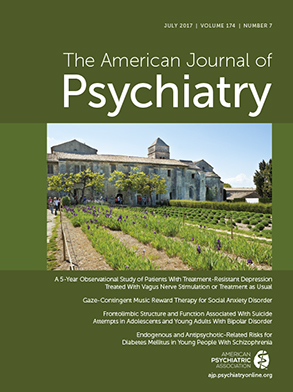At first it was only rumors I heard about my friend B's troubles, nasty rumors. These were particularly disturbing because B had never mentioned any problem. It was a long weekend and B was out of town, his cell phone disconnected. My immediate assumption was that these allegations were part of dirty politics, probably because B was a leading candidate for a senior management slot in his medical center.
It is difficult to recall the exact moment a friendship begins. Friendships often grow slowly and are perhaps therefore quite stable, devoid of the emotional quantum leaps of romantic relationships. B and I met first in medical school and later both served in the military as reservists. When we happened to run into each other in town we discovered we did our residency at the same place, B in neurology, I in psychiatry, and that we shared a similar sense of humor.
In the hospital our paths often crossed and we would stop for updates whenever possible. With growing trust, we would discuss the frequent mistakes, regular disappointments, and occasional successes in our clinical work. Our conversations were a safe space to defuse the most volatile and serious issues simply by inane sarcasm and explosive laughter.
With advancing careers we lived in different cities, yet hardly a day would pass without calling each other. When B got embroiled in a major malpractice suit, I was at his side. Being familiar with the details of the case, I was certain that B was not to blame, and indeed, after seemingly endless deliberations the judiciary closed his file.
This unpleasant episode dragging on for years only strengthened my respect for B. There were days we were on the telephone for more time than we would talk to our wives, an outrage they tolerated with grace, aware of how sustaining our friendship was.
Worried about this new calumny, I phoned B immediately after the weekend, keen to get his version of the events. I got to the point at once and asked B if any of the allegations were true. Instead of the straightforward answer I had expected, B's response was strangely evasive; he mumbled something vague about a smear campaign. Little was left of the sincerity I always appreciated: B all of a sudden sounded like a defense lawyer, not like the man I had known for decades.
Theories I had spun over the long weekend, featuring vicious colleagues in a conspiracy to damage B's reputation, now appeared ridiculous. Although I was very upset initially, after further reflection my conclusions looked hasty and unfair. B probably had not slept enough and was overcome by fatigue. Confronted with groundless complaints of unethical behavior is no doubt distressing to anyone. I was sure he would call to explain after having calmed down.
Yet the following weeks and months went by without the telephone call I was waiting for. Accusations of a boundary violation with one of his students became accounts of police interrogations, turning a sense of disbelief into overwhelming disgust. Our conversation had lasted hardly a few minutes, but it was to be our last ever, sealing the end of our long friendship.
My grief was painful and confusing. Every day so many things happened in my work I wanted to share. I fought the bizarre urge to tell B about a colleague and former friend who had jeopardized all his achievements, betraying in selfish recklessness his values, his family, and his friends.
During the years to come, I scrutinized my memory for clues I should have pursued, for evidence I had overlooked. It did not take long to look at numerous incidents in a light completely different. Perhaps I might have been able to confront B about his unprofessional behavior, if I only would have paid more attention to signs indicating his mid-life unraveling.
However, as a psychiatrist familiar with the quirks of human memory, I am acutely aware how unreliable such introspective inquiry is, however scrupulous. In fact, at no occasion had I noticed anything untoward. Only a few weeks before his story broke I wrote B a letter of recommendation stressing his professionalism and integrity in unequivocal terms.
My failure to detect B’s problems was indeed profound. I was as stunned by B’s affair as was everyone else close to him. For consolation though, my lapse proved to me that years of intense dealing with evil, folly, and misfortune have not seriously shaken my basic belief in humanity, which brought me into medicine more than 40 years ago.
In the medical profession, friendships among peers are widely considered essential for a physician's social life and a potent remedy for burnout. Now, almost a dozen years after its unexpected and undignified closure, contemplating the nature of our relationship makes me realize how devoid of genuine depth our friendship actually was. Our topic was always work, never our weakness, pain, or passion.
In fact, this dysfunctional communication might have in weird ways facilitated our friendship, helping us both to avoid too much exposure, thus accommodating an emotional reticence so typical—to my mind—for men of my generation.
A more authentic dialogue, however, might have exposed a dark side of the man I felt so comfortable with. I might have taken much earlier notice of B's cavalier attitudes toward red lines a physician is never allowed to cross. It is chilling to the bone to realize how blindly I trusted a man who abused his powerful position as doctor, teacher, and administrator to hurt someone under his care and responsibility.

